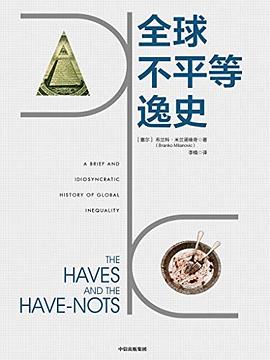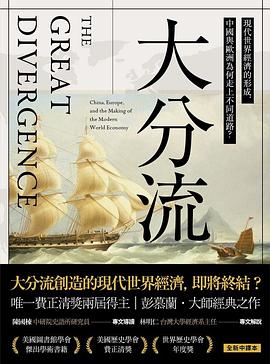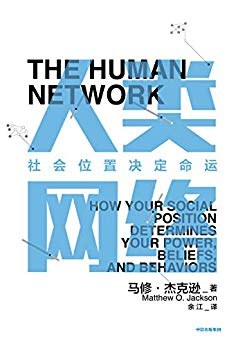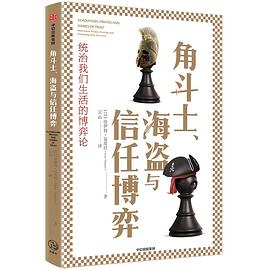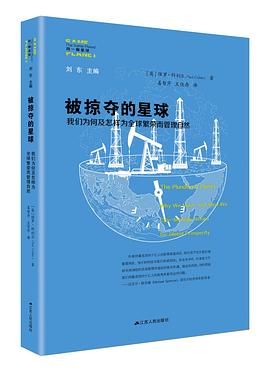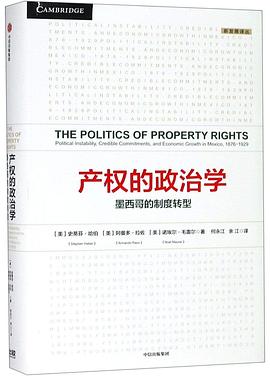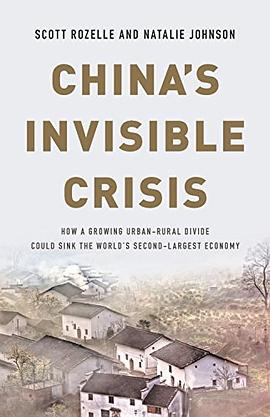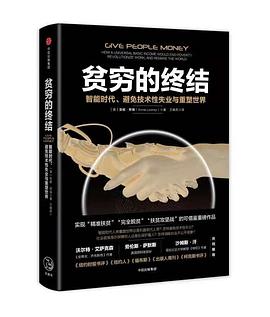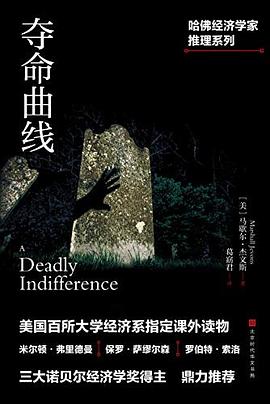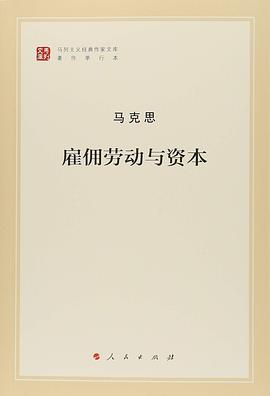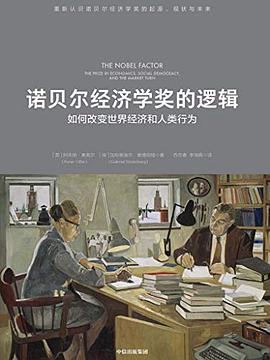

具体描述
Liberty is hardly the "natural" order of things. In most places and at most times, the strong have dominated the weak and human freedom has been quashed by force or by customs and norms. Either states have been too weak to protect individuals from these threats or states have been too strong for people to protect themselves from despotism. Liberty emerges only when a delicate and precarious balance is struck between state and society.
There is a happy Western myth that political liberty is a durable construct, a steady state, arrived at by a process of "enlightenment." This static view is a fantasy, the authors argue; rather, the space to attain and maintain liberty stays open only via a fundamental and incessant struggle between state and society. The power of state institutions and the elites that control them has never gone uncontested in a free society. In fact, the capacity to contest them is the definition of liberty. State institutions have to evolve continuously as the nature of conflicts and needs of the society change, and thus society's ability to keep state and rulers accountable must intensify in tandem with the capabilities of the state. This struggle between state and society becomes self-reinforcing, inducing both to develop a richer array of capacities just to keep moving forward along the corridor. Yet this struggle also underscores the fragile nature of liberty. It is built on a delicate balance between state and society, between economic, political and social elites and citizens, between institutions and norms. One side of the balance gets too strong, and as it has often happened in history, liberty begins to wane. Liberty depends on the vigilant mobilization of society. But it also needs state institutions to continuously reinvent themselves in order to meet new economic and social challenges that can easily close the space liberty needs to survive.
Today we are in the midst of a time of wrenching destabilization. We need liberty more than ever, and yet the corridor to liberty is getting narrower and more treacherous. The danger on the horizon is not "just" the loss of our political freedom, however grim that is in itself; it is also to the prosperity and safety that critically depend on liberty. The opposite of the corridor of liberty is the road to ruin.
用户评价
##cliché and naive
评分##西北大学(Northwestern University)历史学家乔尔·莫凯尔(Joel Mokyr)称这本书是“一本权威著作,蕴含着巨大的洞见和学识”,“得出了每个有思想的人都应该意识到的一个令人不寒而栗的结论:自由既脆弱又稀有,它不安地夹在暴政和无政府状态之间。”-- MITnews
评分##很多政治哲学工作其实是很差的经验性的政治学
评分##9/10.
评分##西北大学(Northwestern University)历史学家乔尔·莫凯尔(Joel Mokyr)称这本书是“一本权威著作,蕴含着巨大的洞见和学识”,“得出了每个有思想的人都应该意识到的一个令人不寒而栗的结论:自由既脆弱又稀有,它不安地夹在暴政和无政府状态之间。”-- MITnews
评分##谈古论今,纵横内外,经济学家不合格的历史叙述。削足适履,看似结构宏大,实则单薄无物。
评分##理论框架机械主义,史料运用削足适履。
评分##很多政治哲学工作其实是很差的经验性的政治学
评分##cliché and naive
相关图书
本站所有内容均为互联网搜索引擎提供的公开搜索信息,本站不存储任何数据与内容,任何内容与数据均与本站无关,如有需要请联系相关搜索引擎包括但不限于百度,google,bing,sogou 等,本站所有链接都为正版商品购买链接。
© 2025 windowsfront.com All Rights Reserved. 静流书站 版权所有

